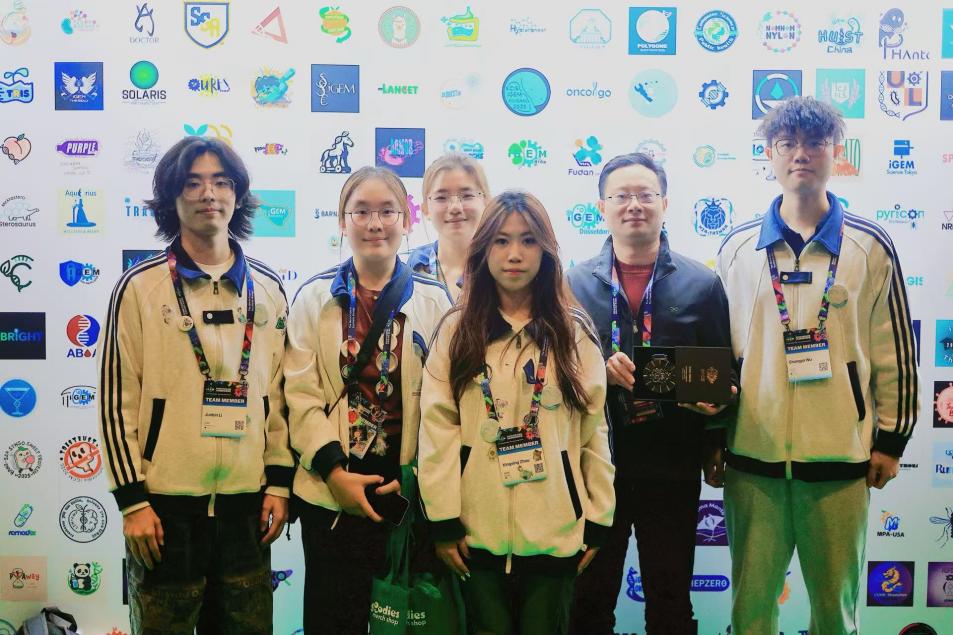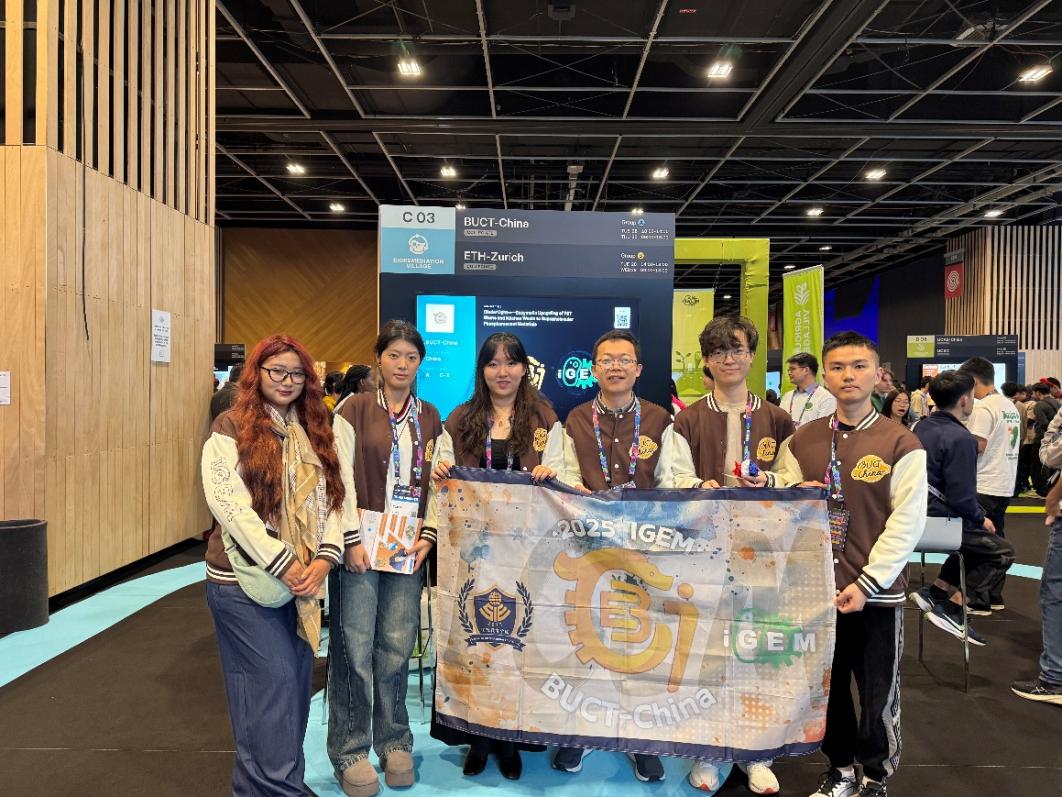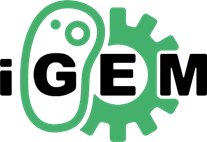From October 31 to the early hours of November 1 Beijing time, the 2025 International Genetically Engineered Machine Competition (iGEM)—the premier global contest in synthetic biology—concluded in Paris, France. Both teams representing Beijing University of Chemical Technology (BUCT) secured Gold Awards in the undergraduate category. Additionally, the BUCT team earned nominations among the global top five for two individual awards: “Best Education” and “Best Bio-Remediation Project.” The BUCT-China team also received nominations among the global top five for two individual awards: “Best Fundamental Component” and “Best Measurement.” Both achievements set new records for the university's best-ever performance in the competition.
The BUCT team, guided by faculty members Zhang Yifei, Shen Xiaolin, Wang Jia, Sun Xinxiao, and Li Zhengjun from the School of Life Sciences, successfully developed an enzyme-containing plastic film capable of accelerated degradation in simulated seawater. This achievement was realized by mining marine polyester-degrading enzymes and integrating AI screening with enzyme immobilization technology. Additionally, the team constructed a highly sensitive terephthalic acid biosensor. The BUCT-China team, jointly guided by faculty members Wu Bian, Yan Hong, Yang Zhao, Geng Wenchao, and Yu Yue from the School of International Education and the School of Life Sciences, employed enzyme-catalyzed technology to convert PET plastic and kitchen waste into PPA-CD supramolecular phosphorescent materials. At the Paris competition venue, both teams actively participated in the Team Booth exhibition and Judging Session presentations, engaging with over 8,000 participants from more than 400 teams worldwide. The research achievements presented by our students sparked enthusiastic discussions among competing teams and garnered widespread acclaim, fully demonstrating the professional competence, innovative thinking, and international perspective of BUCT students.
BUCT Team Members
Li Junbin, Wang Chenhan, Wang Zihan, Zhou Xingxing, Wu Changye, Long Zhihua, Yang Xinyan, Tang Zengrong, Li Zihao, Long Kangrui, Jiang Xinyuan, Ma Boyuan, Wang Mengmeng, LAL AAYUSH ATISHAY, Li Pingwei, Wu Chengxuan, Liu Li, Li Tuantuan, Zhou Yuxin, Lin Zhengyang
BUCT-China Team Members
Xu Yiran, Wei Sihui, Chu Zibin, Zhang Zhaohui, Sun Runze, Wang Yihan, Kuang Xintong, Lu Xuxian, Huang Xiaoxiao, Wang Guanlin, Jian Zuoyi, Su Yanyan, Ju Yao, Zhang Yilu, Wan Boyuan, Fan Zhouyi, Zheng Xiaonan, Zhang Sihan, Zuo Kehuan, Wang Shuhan, Lü Jingsi, Yu Liuyang, Xiang Yuhang, Fang Yingshan, Liu Junhong, He Shunkang, Zhu Jingyi, Hua Rui, Wang Yinhao, Li Yating, Liu Jincheng, Liu Yiqun, Dong Qianzi

BUCT Team Group Photo in Paris
(From left to right: Li Junbin, Wang Chenhan, Wang Zihan, Zhou Xingxing, Zhang Yifei, Wu Changye)

BUCT-China Team Group Photo in Paris
(From left to right: Wang Yihan, Xu Yiran, Wei Sihui, Geng Wenchao, Sun Runze, Zhang Zhaohui)
About iGEM
The International Genetically Engineered Machine Competition (iGEM), launched in 2003 by the Massachusetts Institute of Technology, stands as the most influential and widely participated international competition in synthetic biology. Teams are tasked with designing complex artificial biological systems by constructing genetic circuits using standardized biological modules, integrating mathematical modeling, social research, and practical demonstrations. Their achievements are frequently published in top-tier journals such as Nature and Science, garnering significant attention from both the global academic and industrial communities.

